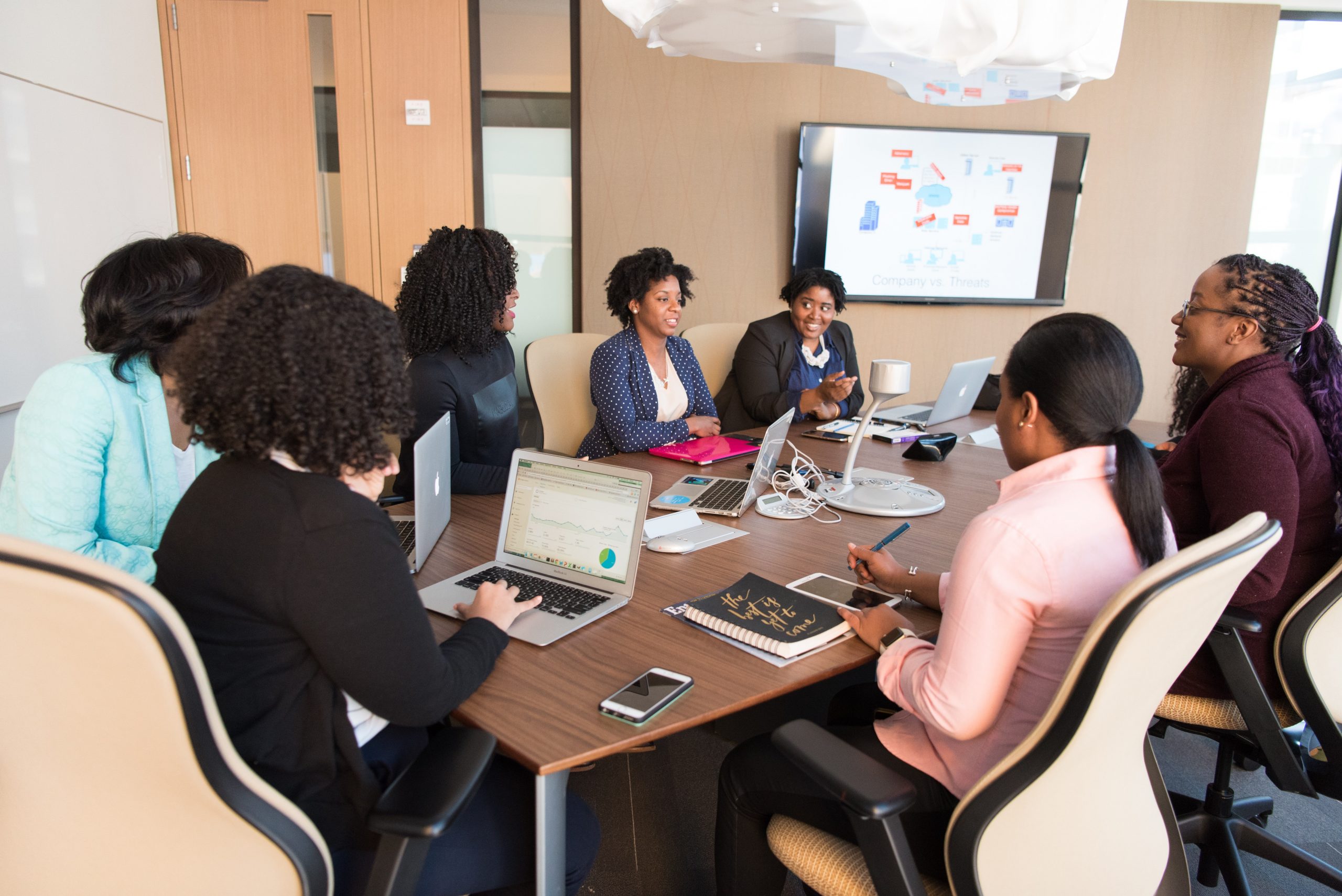“Leveraged learning feels like a surge of endorphins equivalent to going on a rollercoaster. When we are making progress and growth, we are experiencing happiness.” David Prosper
David Prosper wrote a recent article advocating the benefits of leveraged learning, where “we are learning for a purpose then taking that knowledge and layering it on top of the knowledge of those around us. That means the things that we are learning are relevant, repeatable and rational; in other words, we can actually use what we learn.”
As John J. Murphy notes, “When people play off each other’s skills and knowledge, they can create solutions that are practical and useful.”
Collaboration Makes Us Smarter
Prosper adds that psychologists have proven that “healthy collaboration actually makes us smarter.” One reason for this, according to Frans Johansson, is that “some of the most innovative ideas happen at ‘the intersection’- the place where ideas from different industries and cultures collide.”
Prosper proposes that organizations use leveraged learning circles to “create a culture of curiosity, collaboration, and celebration.” The participants in leveraged learning circles combine their knowledge with someone else’s to create “layered learning.”
Peer Learning Groups Leverage Learning
Structured issue-oriented peer learning groups are an excellent way to leverage learning to create layered learning. The Peer Learning Institute uses such small peer learning groups for just-in-time management development.
The participants come from different parts of the organization to leverage their current knowledge and experience in handling a current management challenge. The diversity of perspectives presented by the peer learning group members broadens their knowledge and awareness, layering their learning as they collaborate to determine the best way to meet their mutual challenge. The participants then select a new technique to test for a month.
The Wide Impact of Purposeful Learning
As Prosper notes, leveraged learning “looks like intentionally pursuing purposeful learning with the mindset of depositing it into the people around you.” This describes the impact that peer learning group participants’ learning has on employees and other managers.
Their management challenges typically involve personnel management issues. Therefore, the new techniques that the managers put into practice have a direct impact on their employees. They also have an indirect impact on other managers, who can see the benefits of using the new techniques. So, as the peer learning group members learn to change their behavior and adopt new techniques, they offer a replicable model for other managers to copy.
Question: When do your managers get together for cross-company collaboration where they can leverage their learning to meet a current challenge?
Deborah Laurel, Co-Founder and Chief Learning Officer
The Peer Learning Institute
#leveragedlearning #peerlearninggroups





